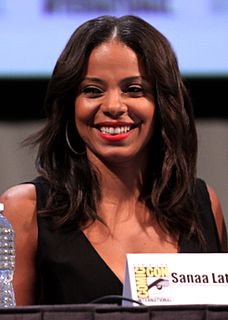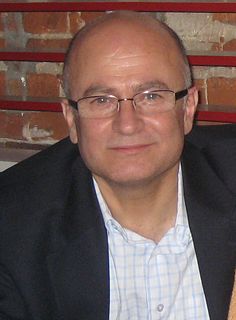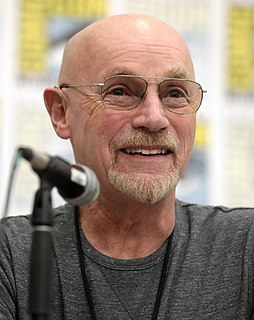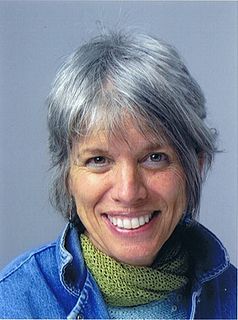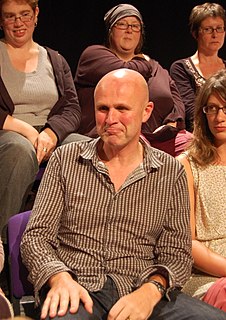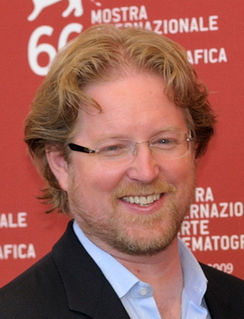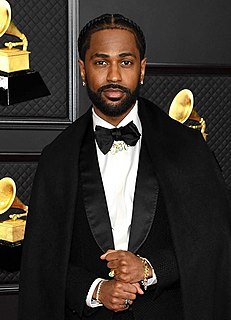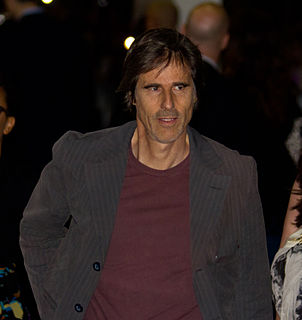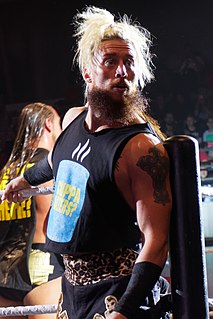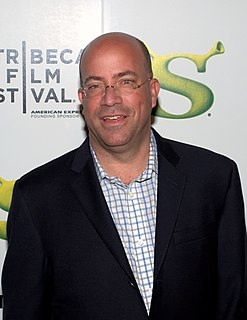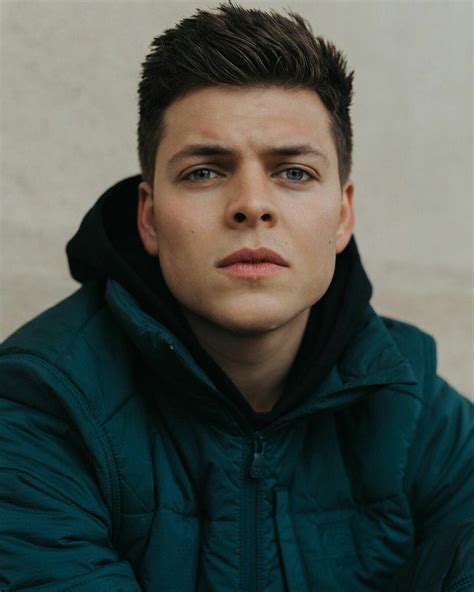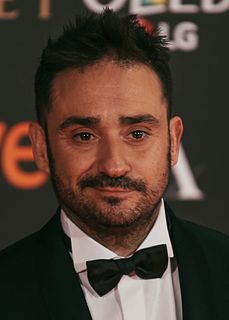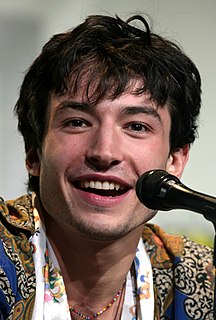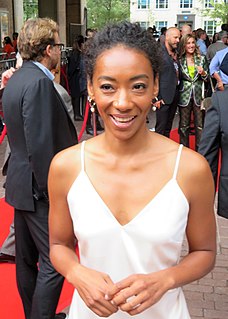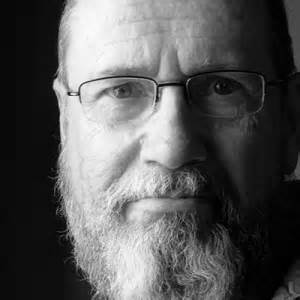Top 1200 Scary Stories Quotes & Sayings - Page 20
Explore popular Scary Stories quotes.
Last updated on November 24, 2024.
There is humanist enterprise of the book, and amongst that there are many, many stories. And that is why at the end, when he says that the stories are so illuminating that they must be engraved and encased in gold and put in the palace library, the people who compile the book are telling us that this is a collection of human wisdom.
We have been telling and hearing and reading war stories for millennia. Their endurance may lie in their impossibility; they can never be complete, for the tensions and the contradictions within them will never be eliminated or resolved. That challenge is essential to their power and their attraction. War stories matter.
I was being brought up on peasant stories; my mother came from Europe and she'd been a peasant and that was the area where the Frankensteins and the Draculas came from and it was entertainment for the people. Nobody had TV, and that was the way peasants would entertain themselves, by telling these stories.
Of course, an English aristocrat might have some contact with the staff downstairs and could adequately say a thing or two about inter-class dramas unfolding in the household. But something less parochial might be harder to come by. This is relevant because stories about the divisiveness of class are by definition stories that straddle class boundaries. A story about a miner in a mining town is not obviously one that speaks to the divisiveness of class. In other words, class doesn't just divide us in the world but it also divides us in the stories we're presented.
I grew up in Sierra Leone, in a small village where as a boy my imagination was sparked by the oral tradition of storytelling. At a very young age I learned the importance of telling stories - I saw that stories are the most potent way of seeing anything we encounter in our lives, and how we can deal with living.
